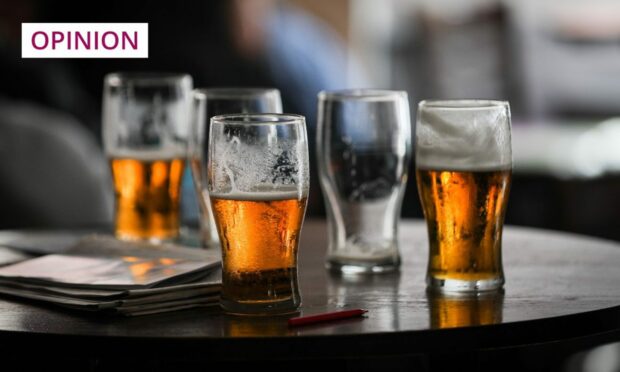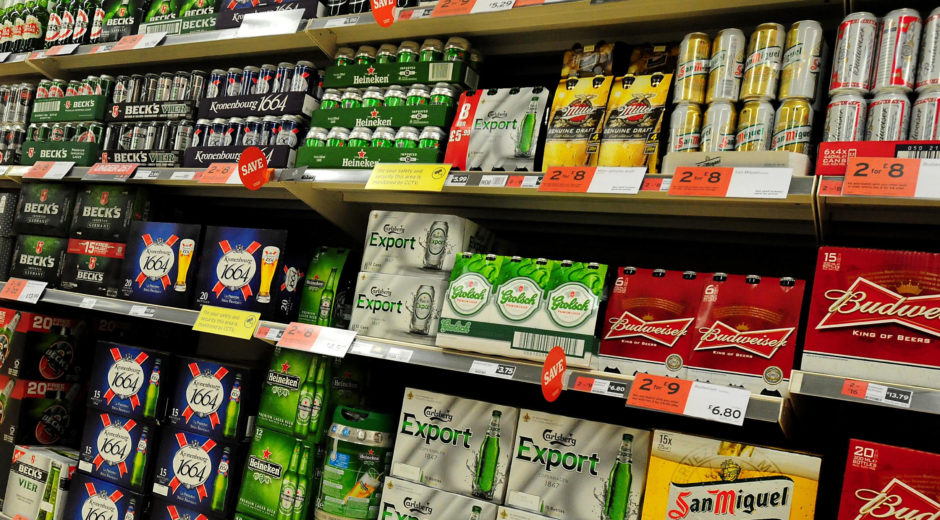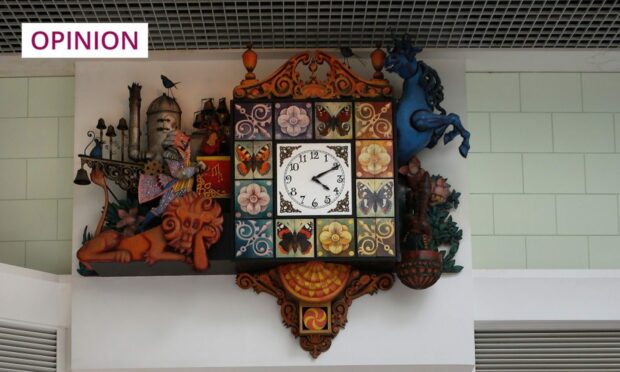The most unpopular policies can often have the most dramatic results.
Compulsory seatbelts, drink-drive laws and the ban on smoking in public places all had their detractors as they were passing into law.
But few would argue for them to be overturned now their benefits have been proven.
The impact of of minimum pricing for alcohol in Scotland is less clear cut.
A new report suggests the Scottish Government’s flagship health policy may not be having the desired effect.
Minimum unit #alcohol pricing may not be curbing drinking in those most at risk, and levels fell more in women who don’t drink as heavily as men after introduction of the policy in Scotland, suggests new research in @BMJ_Open https://t.co/oX1ckcvlJD pic.twitter.com/6ZVgaR6kq1
— BMJ (@bmj_company) July 19, 2022
The study said the alcohol tax was not associated with reduced consumption in younger, more deprived, or heaviest drinking men – those the move was primarily designed to target.
In fact, say experts, consumption among the heaviest drinkers in Scotland has actually increased since the controversial measure was introduced in 2018.
It comes after a study last month revealed problem drinkers had cut back on food and energy so they could continue to buy alcohol.
Previous research found there had been only a minimal impact on alcohol-related crime.
Another study published last year found alcohol sales had fallen by 8% – except in the highest-purchasing, low income homes, where there had been no change in habits.
Who is gaining from alcohol minimum pricing in Scotland?
The intention behind the introduction of alcohol minimum pricing in Scotland is admirable.
Alcohol abuse causes tremendous harm to drinkers, their loved ones and wider society.
It’s the direct cause of death for hundreds of Scots every year and a contributing factor for many more.
It fuels crime and it costs the NHS dearly.
But alcohol is also consumed safely and responsibly by a great many more people, while the drinks industry supports thousands of jobs.
Those who feel unfairly penalised by alcohol minimum pricing might well ask why they are bearing the brunt of a questionable policy, while those who need help most appear to be gaining little from its existence.











Conversation